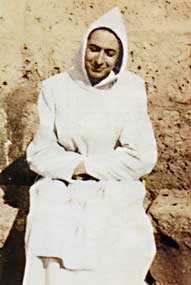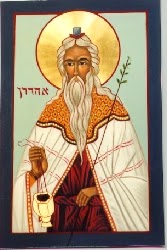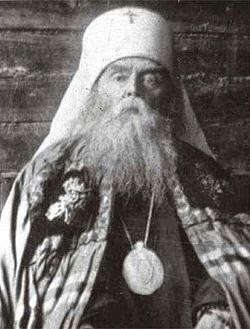St. Rafael Arnáiz's Last Writing

"How good it is to live with You! If only the world knew!"--St. Raphael Arnáiz, 4/14/1938 The last entry from St. Rafael Arnáiz's journal ( Dios y mi alma / God and my soul ): "Sunday of the Resurrection, 17th of April, 1938. Today the reverend Father Abbot has given me the cowl and the black scapular. I would lie if I said that today I have not let myself wear it from vanity. What a poor man am I! Lord, Lord, have pity and mercy on me. I am not greater or lesser in your presence, because I would be here or there, seen in one way or another...We men are very infantile and we play like children...We place our illusion in things [that] make the angels laugh. Lord, give me your holy fear, fill my heart with your love and the rest... Vanitas vanitatum [Vanity of vanities]. Each time I hope less in men...what great mercy of God! He supplies with growth what they do not give me. I am seeing with greater clarity that whoever place...










